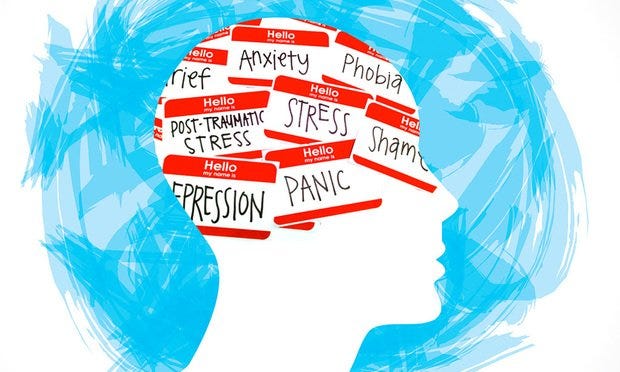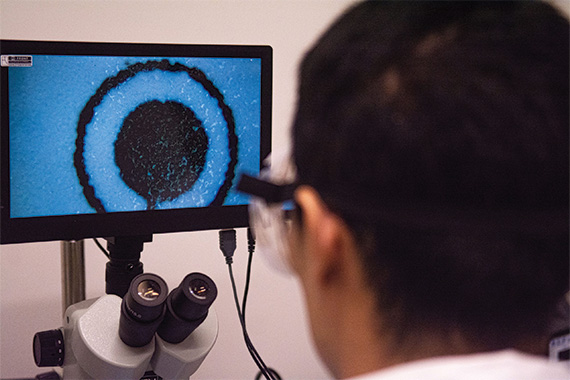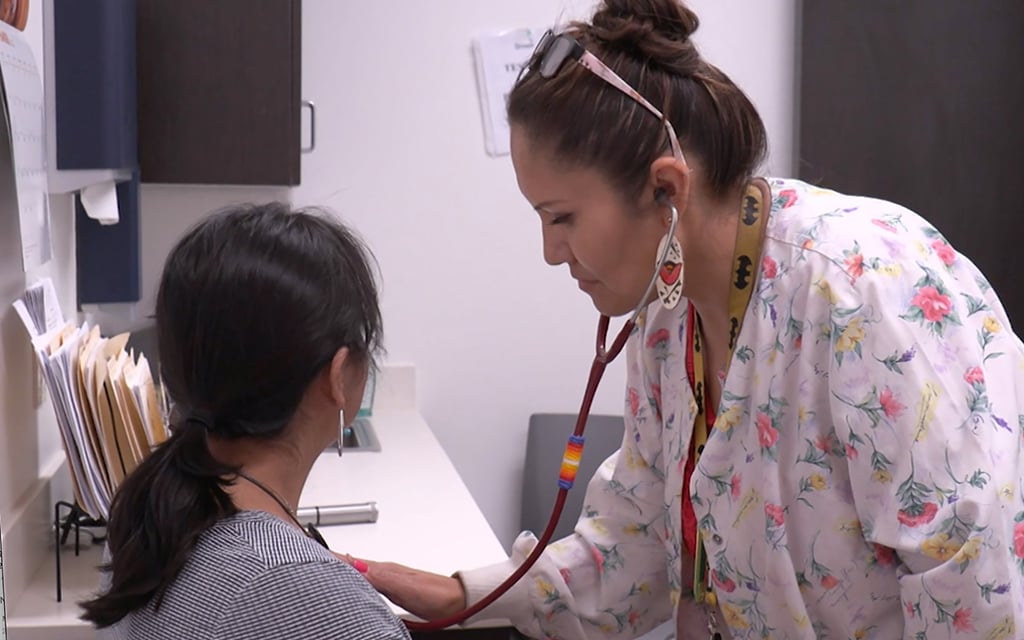Within the Asian American, Native Hawaiian, and Pacific Islander (AANHPI) community, discussions around mental health have frequently been met with hushed tones and cultural stigma. However, a rising movement is challenging these entrenched norms, working towards destigmatizing mental health care within the AANHPI community. Individuals are courageously coming forward to share their narratives, underscoring the significance of seeking assistance and serving as role models in a society where conversations about mental well-being have traditionally been avoided. This transformation signifies a pivotal stride in dismantling obstacles, nurturing comprehension, and advancing mental health awareness in a community where cultural values often intersect with mental health challenges.

Overcoming Stigma and Silence
AANHPI individuals, like Jessika Malic and Shela Yu, are breaking the silence surrounding mental health by sharing their experiences and advocating for increased visibility within their communities. Cultural stigma, rooted in a fear of judgment and adherence to societal expectations, poses a significant barrier. However, there is a growing recognition of the importance of normalizing mental health conversations and encouraging community leaders to take meaningful action.
Language barriers remain a substantial challenge, with the majority of mental health professionals offering services exclusively in English. The need for providers who can communicate in non-English languages is vital to creating an inclusive mental health care environment. The role of interpreters is discussed, but skepticism exists regarding their effectiveness, especially in navigating the intimate nature of mental health discussions.
Generational identity plays a pivotal role in shaping attitudes toward mental health within the AANHPI community. While younger generations show a willingness to access mental health care, there are still challenges rooted in familial expectations and the pressure to conform to societal norms. The importance of cultural competency among mental health professionals is emphasized, highlighting the need for understanding diverse cultural backgrounds to provide personalized and effective care.
READ ALSO: Gavin Christopher Newsom Unveils Ambitious Mental Health and Homelessness Reforms in California
Individual Empowerment and Hope for the Future
Advocates like Max Lim, Euodia Moffitt-Chua, and Chung Trinh emphasize the necessity of community leaders taking an active role in destigmatizing mental health care. Lim encourages a personalized and humble approach, acknowledging the unique needs of each individual. Trinh stresses the significance of leaders within the AANHPI community spearheading efforts to bring about meaningful change and encouraging open conversations about mental health.
Despite the challenges, individuals like Shela Yu express their determination to be role models for future generations, emphasizing the need for more qualified Asian American therapists. Jessika Malic encourages open dialogue about mental health, hoping that her experiences will inspire others to seek help. While acknowledging the progress made, the road ahead involves continued advocacy, community engagement, and breaking down systemic barriers to ensure accessible and culturally competent mental health care for the AANHPI community.




